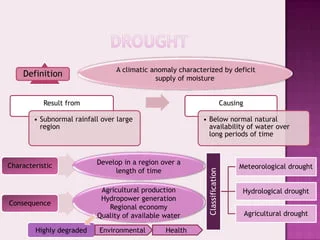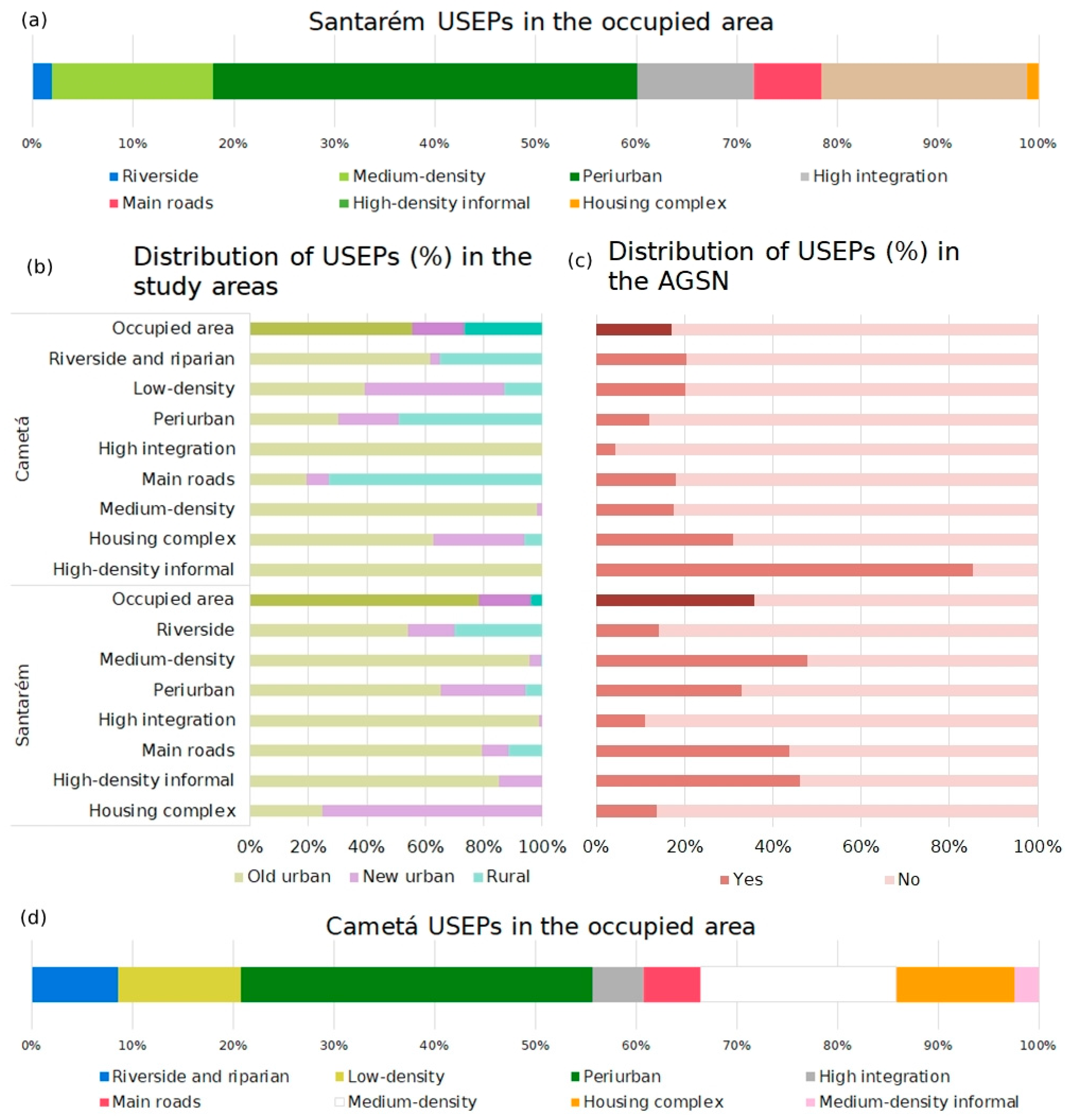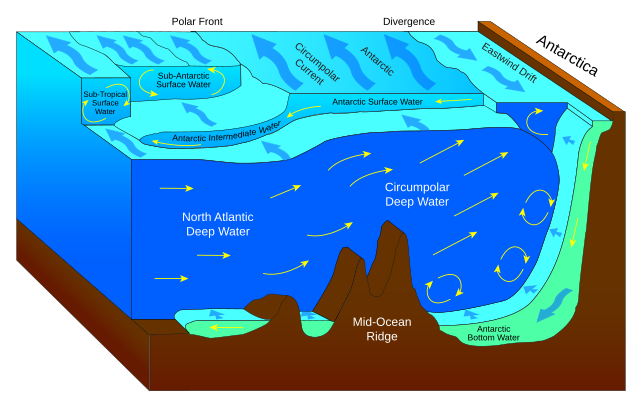Extension of the water distribution network in subnormal regions
Por um escritor misterioso
Descrição
Due to the enormous socioeconomic inequality that marks the history of Brazil, the low-income population without government support uses irregular, disordered and precarious alternatives to structure their homes. Irregular land occupations are among the main types of construction in this regard and have raised numerous discussions on issues such as income concentration, land reform and land redistribution for decades. The so-called stilt houses also stand out in areas with rivers and lakes of great extension, with high rates of rainfall and flood. In these places, minimum sewage system is irregular and improvised, with pipelines that are so short that they do not even touch the river, that is, the sewage falls in cascade mixing to the waters. In river flood time, the river level rises and such dirty water invades the stilt houses, when residents start to live daily with raw sewage directly on the floor of their homes, exposed to bad smell and disease-causing agents. This problem also ends up compromising the

Automated sub-zoning of water distribution systems - ScienceDirect

Automated sub-zoning of water distribution systems - ScienceDirect

Water, Free Full-Text

Chapter 5 runoff

Comparison of water quality results for normal pressure conditions

Physiology of sedentary behavior

Remote Sensing, Free Full-Text

Colorado Water – Page 3 – Coyote Gulch

Mode water - Wikipedia

Pipe data for the test network.

Full article: Farmers' perceptions of climate change and the
de
por adulto (o preço varia de acordo com o tamanho do grupo)







